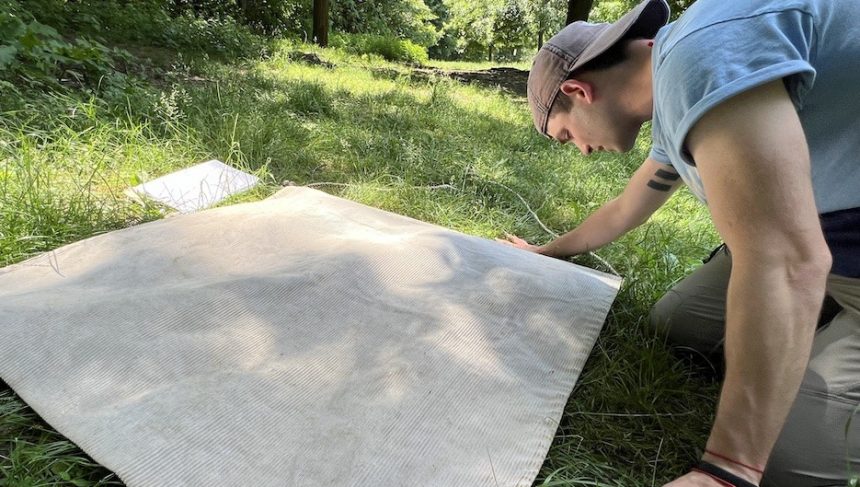While the chances of getting a tick bite in New York City’s urban core are relatively low, there is a significant risk in some urban forests. During the summer, as residents flock to tick-prone areas like woods, lakefronts, and grassy paths leading to beaches, the risk of encountering ticks increases.

To study the impact of this exposure, Columbia researchers, led by disease ecologist Maria Diuk-Wasser, are conducting surveys in New York City and Western Long Island parks this month. The research aims to measure tick presence and understand the outdoor behavior of residents, particularly if it puts them at risk of tick exposure.
For more details, you can read the full story on Columbia News.






